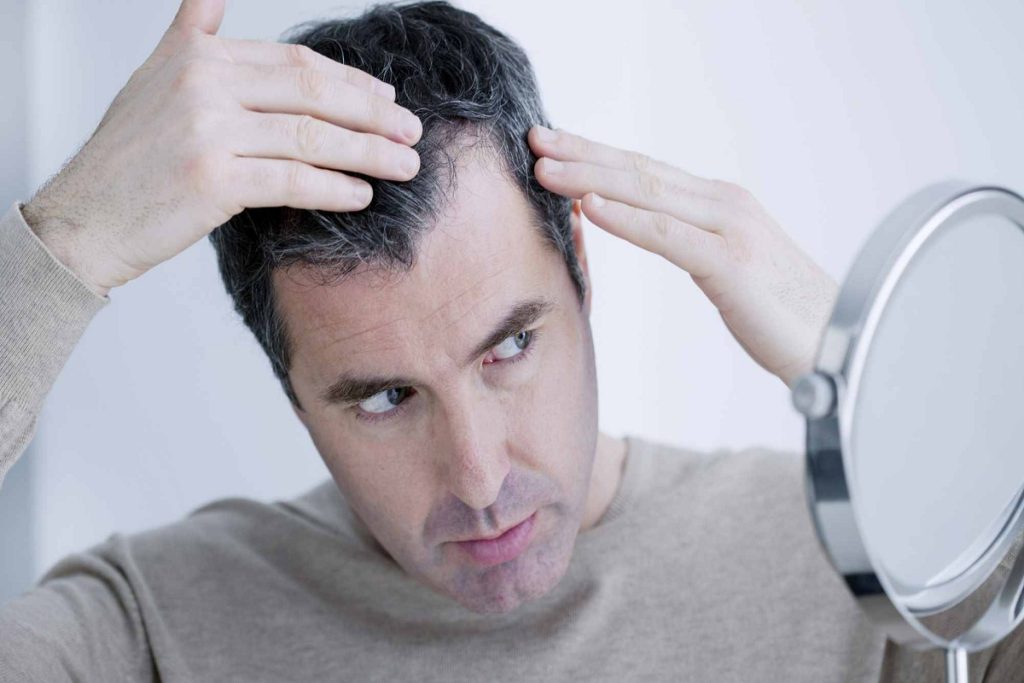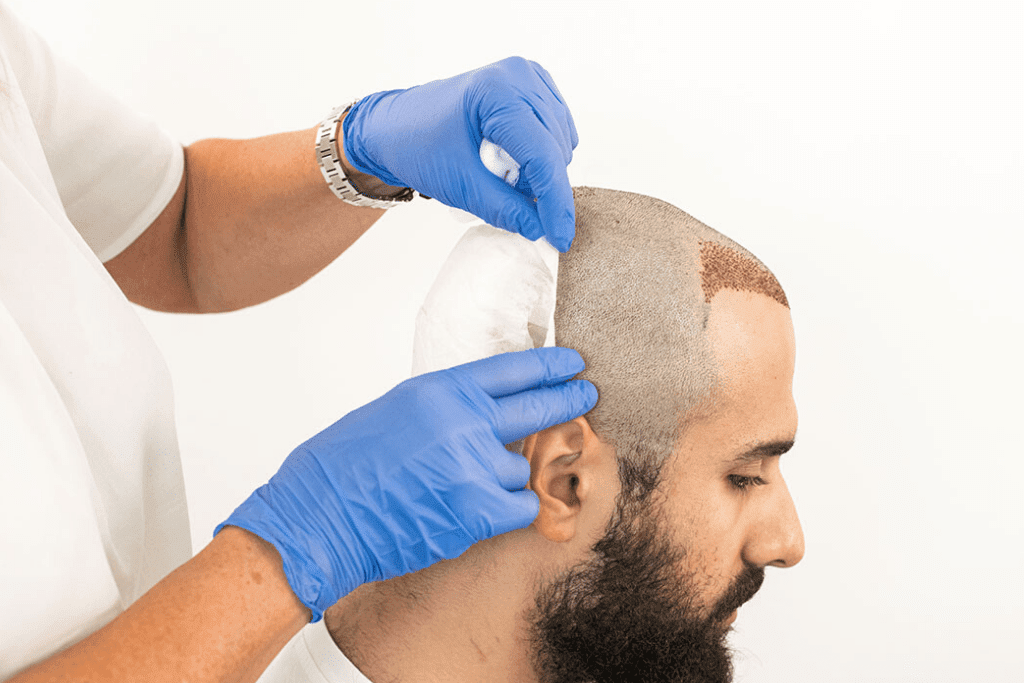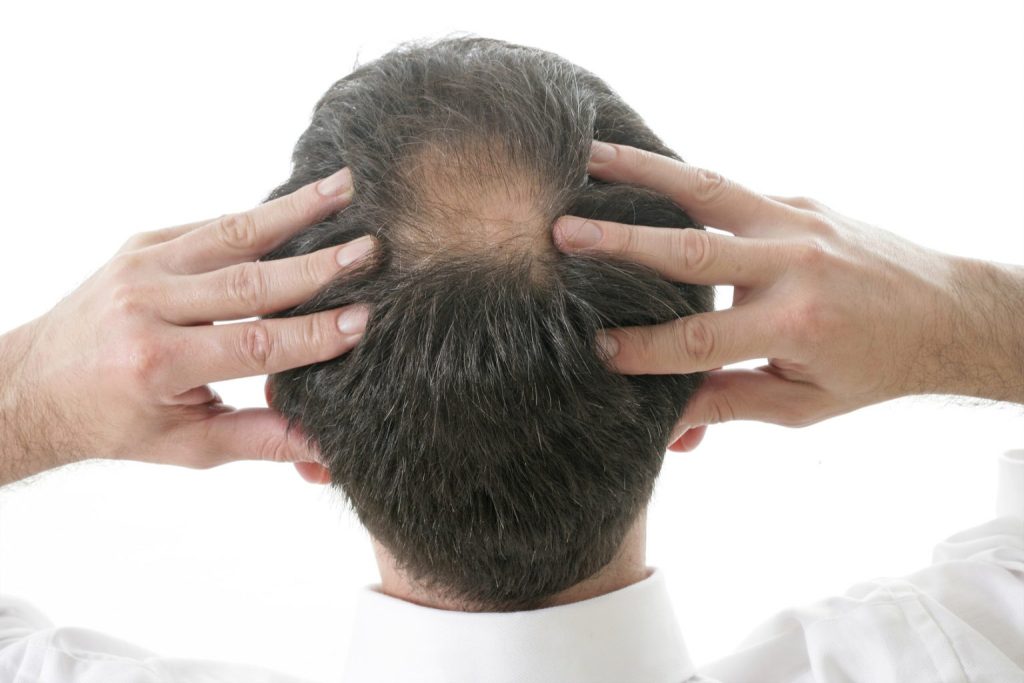Considering hair transplant can be a big decision, and it’s important to know when it may be the right option for you. If you have been dealing with hair loss or thinning, and have tried other hair restoration options without success, it may be time to consider hair transplant. It’s also important to have a clear understanding of the hair transplant procedure details and hair transplant success stories to make an informed decision.
Main Points
- Understand the causes of hair loss
- Explore non-surgical hair restoration options
- Evaluate the success rate of hair transplant procedures
- Consider the long-term benefits of hair transplant
- Consult with a qualified professional for personalized advice
Is it Wise to Postpone Getting a Hair Transplant?

When considering hair transplant options, many people may wonder if it is wise to postpone the procedure. It is important to understand the hair transplant procedure details and weigh the pros and cons before making a decision. Factors such as age, overall health, and progression of hair loss should be carefully considered.
Here are a few key points to keep in mind when considering hair restoration:
- Consult with a qualified hair transplant specialist to assess your individual situation.
- Understand the different techniques available for hair transplantation, such as FUE or FUT.
- Evaluate the potential risks and benefits of delaying the procedure.
Ultimately, the decision to postpone getting a hair transplant should be made after thorough consideration of all the relevant factors.
When is the Ideal Age for a Hair Transplant?

Deciding on the ideal age for a hair transplant can be a crucial decision for many individuals experiencing hair loss. While there is no one-size-fits-all answer, there are several factors to consider when determining the right time for a hair transplant.
Factors to Consider
One important factor to consider is the stability of your hair loss. It is generally recommended to wait until your hair loss has stabilized before undergoing a hair transplant procedure. This typically occurs in your late 20s or early 30s.
Another factor to consider is your overall health. Being in good physical and emotional health is crucial for the success of the procedure.
Lastly, the quality of your donor hair plays a significant role. The ideal candidate for a hair transplant has good donor hair quality and an adequate supply of donor hair.
Success Stories
There are countless success stories of individuals who have undergone hair transplants at various ages. From individuals in their late 20s to those in their 60s, the key to success lies in thorough research, choosing a reputable surgeon, and realistic expectations.
Conclusion
While there is no specific age that is universally considered ideal for a hair transplant, the key is to carefully assess your individual situation with the guidance of a qualified specialist. The decision should be based on the stability of your hair loss, your overall health, and the quality of your donor hair.
Is 25 too early for a hair transplant?
Deciding on the right time for a hair transplant can be a daunting task, especially for individuals in their mid-20s. While there is no one-size-fits-all answer, age, hair loss stability, and realistic expectations are the key factors to consider. At the age of 25, some individuals may still experience ongoing hair loss, making it premature for a transplant. It is essential to consult with a professional hair transplant surgeon to assess your candidacy and determine the most suitable timing for the procedure.
Considering Age
At the age of 25, individuals may still have an unpredictable pattern of hair loss, making it challenging to determine the extent of the transplant needed in the long run. A premature hair transplant can result in the need for additional procedures as hair loss progresses. However, for some individuals with early onset and stable hair loss, a hair transplant at 25 may be a viable option.
Stability of Hair Loss
Assessing the stability of hair loss is crucial before undergoing a hair transplant. If hair loss is ongoing and unpredictable, it may not be the right time for a transplant. A thorough evaluation by a hair transplant specialist will help determine the stability of your hair loss and whether a transplant is a suitable option at the age of 25.
Realistic Expectations
Having realistic expectations is paramount when considering a hair transplant at the age of 25. While a transplant can restore a more youthful appearance, it is essential to understand that the goal is not to achieve a full head of hair but to improve the overall aesthetic and restore confidence.
In conclusion, while 25 may be early for some individuals, it can be a suitable age for others to consider a hair transplant. Consulting with a reputable hair transplant surgeon is imperative to assess your candidacy and determine the most appropriate timing for the procedure.
Age and Hair Loss: Determining the Best Time for a Hair Transplant

Hair loss is a common concern for many people, and as we age, it can become more noticeable. Determining the best time for a hair transplant is a decision that should be carefully considered. Age is a significant factor in this decision, as younger individuals may not be suitable candidates for the procedure. It’s essential to assess the extent of hair loss and consult with a professional to determine the most appropriate course of action.
Factors to Consider
When considering a hair transplant, there are several factors to take into account:
- Age: Younger individuals may not be suitable candidates for a hair transplant due to the progression of hair loss over time.
- Extent of Hair Loss: The severity of hair loss plays a significant role in determining the best time for a hair transplant.
- Consultation: It is crucial to consult with a hair transplant specialist to assess individual suitability and discuss the potential outcomes of the procedure.
| Age | Extent of Hair Loss | Consultation |
|---|---|---|
| Youth | Significant | Essential |
| Consideration | Assessment | Professional |
Ultimately, the best time for a hair transplant is determined on a case-by-case basis, taking into account individual circumstances and consulting with a specialist to make an informed decision.
Frequently Asked Questions
What is a hair transplant?
A hair transplant is a surgical procedure that involves moving hair follicles from one part of the body (the donor site) to a bald or balding part of the body (the recipient site).
Am I a suitable candidate for a hair transplant?
Suitability for a hair transplant depends on various factors such as the extent of hair loss, the quality of donor hair, and overall health. A consultation with a hair transplant surgeon is necessary to determine eligibility.
Is a hair transplant a permanent solution for hair loss?
Yes, in most cases, a hair transplant provides a permanent solution for hair loss. The transplanted hair follicles are typically resistant to the hormone that causes hair loss, offering long-term results.
What is the recovery process after a hair transplant?
The recovery process after a hair transplant varies for each individual but typically involves some post-operative care, including avoiding strenuous activities, following medication instructions, and attending follow-up appointments.
Are there any risks or complications associated with a hair transplant?
As with any surgical procedure, there are risks and potential complications associated with a hair transplant, such as infection, scarring, or unnatural-looking results. It’s important to discuss these with a qualified surgeon before undergoing the procedure.
